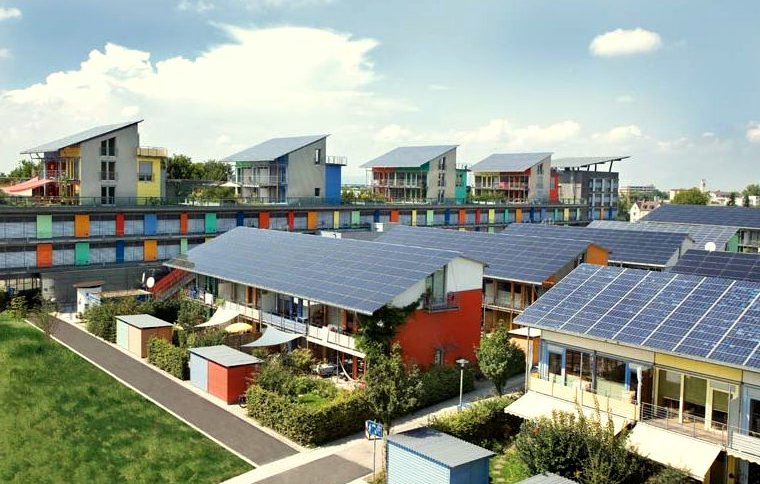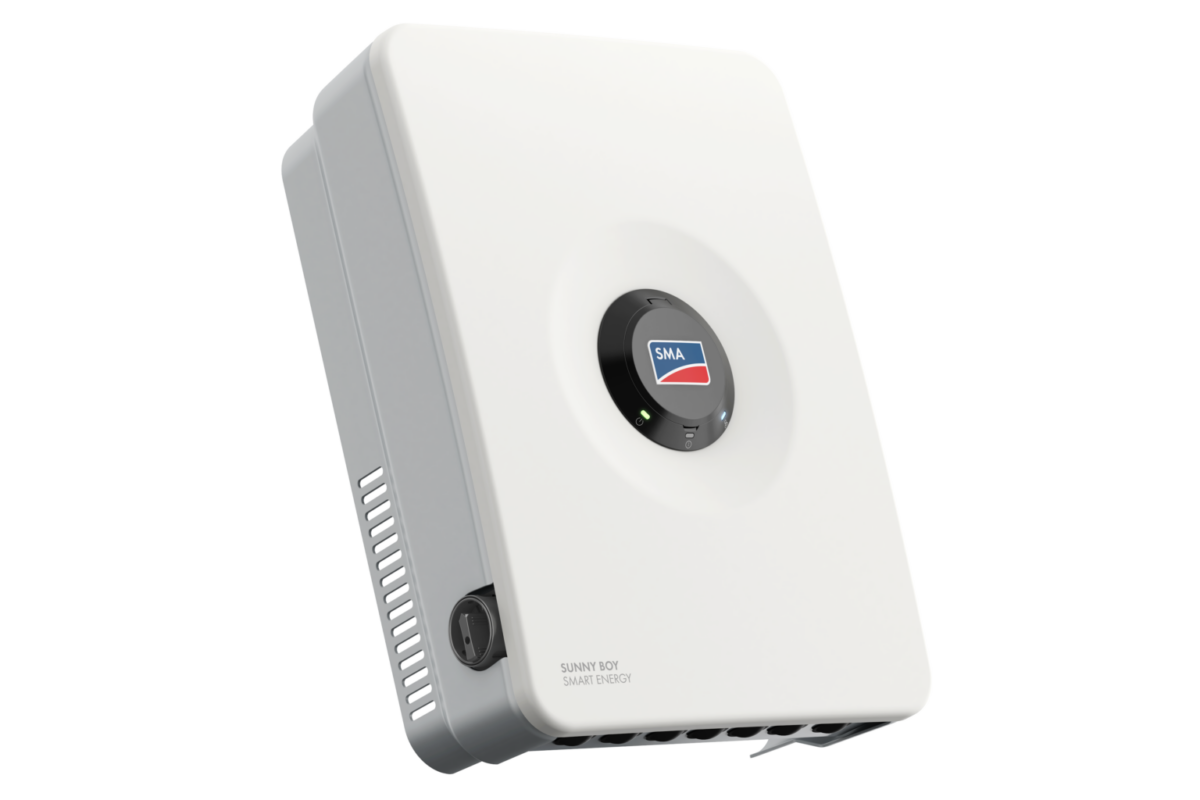A research group from the Zuyd University of Applied Sciences and the Maastricht University in the Netherlands have sought to define the profiles of homeowners that could be interested in installing solar power generators on their roofs.
In the study Not all homeowners are alike: a segmentation model based on a quantitative analysis of Dutch adopters of residential photovoltaics, published in Social Sciences, the Dutch group explained that, according to the so-called Diffusion of Innovation theory, which examines how ideas are spread among groups of people, homeowners tend to evaluate the advantages and disadvantages of a rooftop solar array in relation to their personal situation and the perceived characteristics of the technology.
The scientists developed a segmentation model that is claimed to better assess the heterogeneity of potential new adopters compared to previous methods, as it takes into account the homeowners’ educational background and profession and their environmental commitment. They collected their data from 1,325 PV system owners located in the city region of Parkstad Limburg in the Netherlands. Statistical descriptive analyses and nonparametric tests were used to analyze the data and five segmentation groups were identified.
Five groups
The first group identified by the academics is represented by environmentally motivated persons with no technical or financial-economic backgrounds. This homeowner typology tends to be influenced by the experiences of other prosumers and can be targeted through existing social networks for the promotion of the PV technology. The most trusted sources for them are neighbours, family and friends.
The second group is made of environmentally motivated persons with technical backgrounds and no financial-economic backgrounds. These are more attracted by the technical characteristics of a PV installation and usually have previous experience with energy matters. “This group can be used and facilitated by policymakers and companies as an ambassador for energy renovation measures such as residential PV,” the study notes.
Environmentally motivated persons with technical and financial-economic backgrounds are those forming the third group, which the researchers defined as very similar to the third group, with the advantage of showing more ability to assess the economic viability of a project.
The fourth group is composed of environmentally motivated persons with financial-economic backgrounds and no technical backgrounds, which are said to be those with lower environmental commitment. “In addition, this group finds inclusivity (everyone can join) in a project less important,” the research group explained. “Consequently, these two aspects can be highlighted less in communication and marketing to target this group more effectively.”
The last group, made of less environmentally motivated people, comprises all homeowners that do not show interest in improving their “identity expression” when they deploy a rooftop array. “In addition, they trust their system less, which can be countered by a clear explanation of both the RPV system and the conditions of joining the project,” the scientists affirmed.
Differences
The findings of the study show that the differences between the five categories are significant. These substantial differences are related to the level of environmental concern, the level of influence of their social network, previous experience with energy or the perceived characteristics of a PV system, such as complexity and aesthetics.
“These insights can be used by policymakers and the public and private sectors to promote RPV more effectively by targeting them more adequately,” they concluded.
This content is protected by copyright and may not be reused. If you want to cooperate with us and would like to reuse some of our content, please contact: editors@pv-magazine.com.




In your article on 5 groups of people who adopt Solar PV systems, the groups were all Netherlanders, not Americans, so does not accurately compare to American PVS owners. Americans are cost conscious about solar. If it does not make economic sense, why adopt it? And frankly, that helps alot, because since 2008, Solar has made economic sense, more so every year since. But the widest discrepancy is about educational levels and familiarity with PV and Solar thermal systems. Train with a Solar expert and you will be convinced, there presently any other system with battery or generator backups, that economically compares in value and safety! NONE!
I recently had a home built with solar panels. I am in the group that wants to do the right thing environmentally, but I’m also in a group not mentioned above. After some research I concluded that having the panels on my home would save me money! The more that is the case, the more people will install solar even if they don’t care about the environment.
Where do each of these groups sit with home PV combined with community batteries with or without power company organisation and perhaps funding?